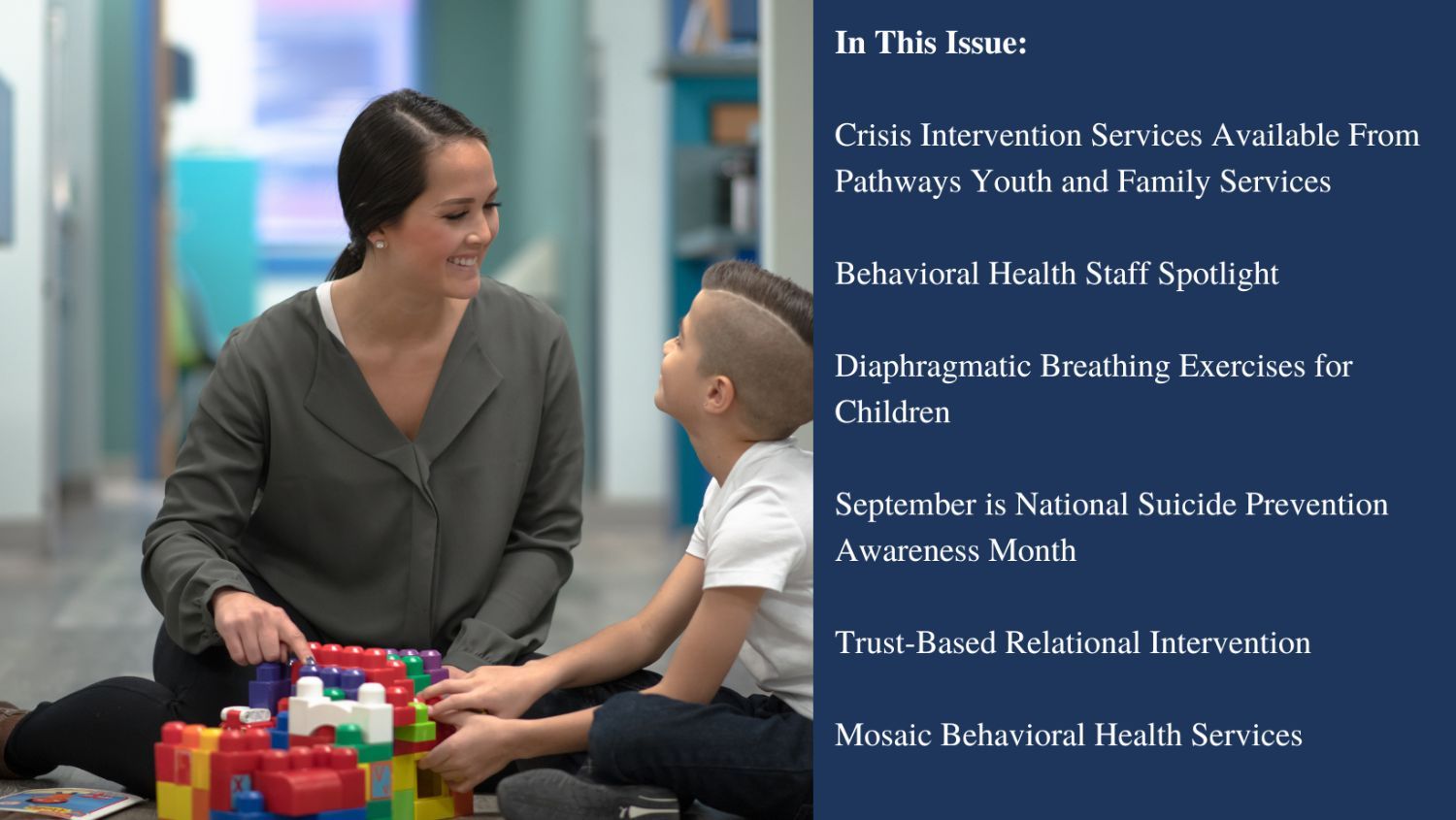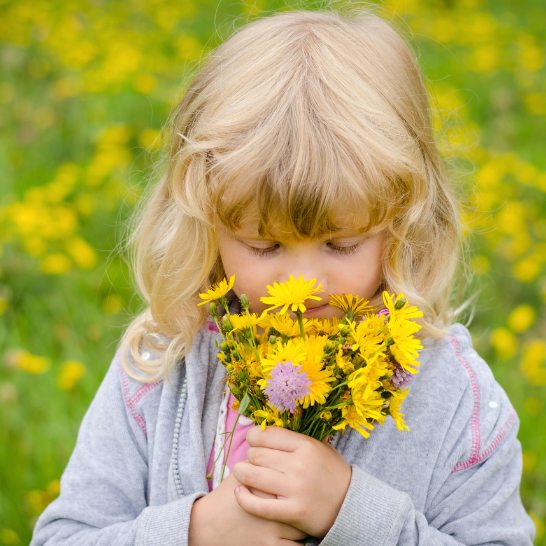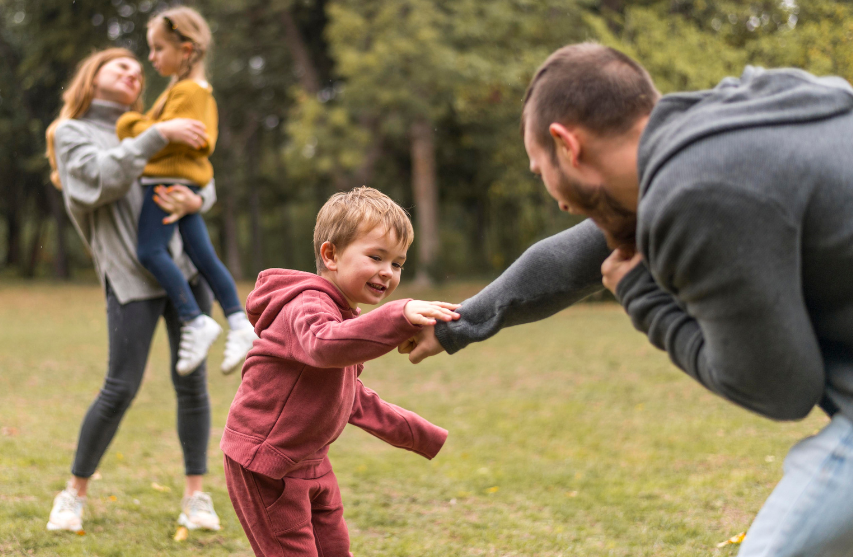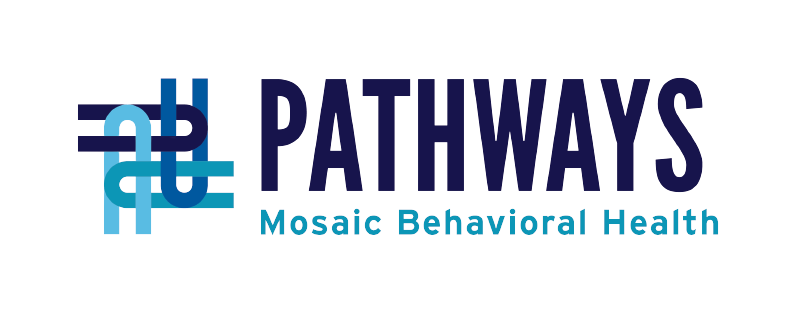| |  | | | Introducing Pathways’ Crisis Intervention Services for children and
youth experiencing foster care in Harris and Bexar Counties Foster parents and caregivers can call Superior HealthPlan at 1-866-912-6283 (press *) to access its statewide Behavioral Health Hotline for crisis support in an emergency. Licensed professionals are available 24/7 to provide initial support, assessment, crisis resolution and service referrals over the phone. The hotline is available to families experiencing a crisis such as a child threatening harm to self or others or exhibiting out of control or aggressive behavior. Also available to families in Harris and Bexar Counties is Pathways Youth & Family Services' Turning Point Program. Turning Point provides in-person crisis intervention services. The licensed professionals who answer Superior’s Behavioral Health Hotline will call Pathways’ Turning Point Program if they determine that in-person crisis intervention is required. Turning Point can help with stabilization and family preservation by providing therapeutic services designed to prevent hospitalizations and maintain in-home placement. Mobile crisis teams are available Monday through Friday between the hours of 1pm and 9pm in Bexar and Harris Counties only. Contact Kelly Lill, PhD, LPC, Turning Point Clinical Director at 832-463-2948 or klill@mosaic-consult.com to learn more. Services provided in both English and Spanish. | | | | | |  | September Employee Highlight: Sheila Escamilla Sheila Escamilla serves as a Turning Point Dispatch Qualified Mental Health Professional in the Pathways San Antonio office. In her role, Sheila provides acute crisis support services to children and youth in foster care. She teaches children how to emotionally regulate themselves and teaches the families skills that will help them to prevent future crises. Sheila’s career in behavioral health began with assisting adults and eventually transitioned to aiding children in the foster care system. She found that she enjoyed working with children and helping them find their own best techniques for dealing with their personal trauma. Sheila recognized her calling was to help children find a forever home. In her world, every child would have a loving, nurturing family and a safe place they could call home. Sheila was adopted by her aunt and uncle at the age of 2, and in her home, family was valued. Thus, she values her family, and she likes to spend time with her husband, two daughters, sons-in-law, and her five grandchildren. Her favorite times of year are Halloween and Christmas because she enjoys decorating for the children in her neighborhood. Sheila’s zeal for the holidays has resulted in the neighborhood children lovingly referring to her as either the Halloween Lady or the Christmas Lady! | | | |  | Diaphragmatic Breathing Exercises For Children Sheila Escamilla teaches children how to calm themselves using breathing techniques, and we all know the calming effect a deep breath can be during stressful situations. When it comes to deep breathing exercises for children, the key is making these exercises fun and easy to remember when things feel topsy-turvy. The following breathing exercises use imagery that appeals to children, and language they will have no trouble understanding. - Smelling flowers: Tell your little one to imagine smelling a flower, breathing in deeply through the nose and out through the mouth. Smelling flowers is one of the easiest breathing exercises to master, and a good starting point for small children.
- The bunny breath: Just like a little bunny in the garden, take three quick sniffs in through the nose, and one long exhale out through the mouth.
- Blow out the candles: Blow out the candles on a make-believe birthday cake, drawing a deep breath in through the mouth, and blowing it out strong through the mouth as well.
- Snake breath: Tell the child to pretend he/she is a snake and hiss, inhaling deeply through the nose and blowing out through the mouth with a soft and low hissing sound.
- Blowing bubbles: Encourage the child to take a deep breath in and blow it out soft and long.
- Dragon fire breaths: Have the child interlace their fingers under their chin, and as they inhale, have them raise their elbows as high as they can around their neck and face. On the exhale, have them lower their elbows back down.
These breathing exercises aren’t only for children, try them yourself the next time you’re feeling stressed out. Click Here for a fun and informative video from Sesame Street. | | | | September is National Suicide Prevention Awareness Month According to the National Alliance on Mental Illness (NAMI), suicide is the second leading cause of death among people aged 10–34 and the 12th leading cause of death overall in the U.S. While nearly half of individuals who die by suicide have a diagnosed mental health condition, research shows that 90% may have experienced symptoms of a mental health condition. Annual prevalence of serious thoughts of suicide, by U.S. demographic group: - 11.3% of young adults aged 18-25.
- 18.8% of high school students.
- 45% of lesbian, gay and bisexual high school students. (Lesbian, gay and bisexual are 4x more likely to attempt suicide than straight youth.)
(Data is from CDC, NIMH, and presented by NAMI) Thoughts of suicide can effect anyone, regardless of gender, age, or cultural background. A new national 988 number connects individuals in crisis with treatment and community resources. If you or someone you know is having thoughts of suicide, call or text 988 for immediate assistance.
https://nami.org/Get-Involved/Awareness-Events/Suicide-Prevention-Awareness-Month-(SPAM) | | | |  | Pathways Celebrates its 30th Anniversary Pathways became a reality on May 8, 1992, when Pathways Youth Home received a license to operate as an independent therapeutic foster family home for six boys in Leakey, Texas. Over the next 15 years, Pathways services expanded across the state of Texas with in-home services, foster care, adoption, residential care, and behavioral health. Now, 30 years later, Pathways has offices in Austin, Abilene, Dallas, Houston, Kerrville, Mountain Home, and San Antonio. Click Here to learn more about Pathways' ongoing dedication to its mission of transforming lives, families and communities. | | | | | | | | Trust-Based Relational Intervention Trust-Based Relation Intervention (TBRI) is an attachment-based, trauma-informed intervention designed to address the needs of children who have experienced multiple placements, toxic stress, trauma, and abuse. TBRI looks at the needs of the child as a whole, touching on emotional and physical needs that can contribute to negative behaviors and inappropriate responses. Pathways Youth and Family Services offers TBRI training to anyone who is interested in understanding how past traumas contribute to fear-based behaviors, how connecting plays a role in building a child/caregiver relationship, and providing strategies for correcting behaviors of a child with complex needs. This training is open to not just caregivers, but anyone who interacts with children or has a need to understand why children with trauma display certain behaviors. If you are interested in learning more, you can contact Pathways’ TBRI Training Manager by sending an email to mhipsher@mosaic-consult.com. Dates for our next TBRI training:
November (from 4-8 pm each day)
Tuesday November 1
Tuesday November 8
Tuesday November 15 For more information about our behavioral health services, visit https://www.pathway.org/behavioral-health/ | | | | | |  | Learn more about Mosaic Behavioral Health: Click Here | | | | Pathways Youth and Family Services
222 Sidney Baker Street South #435 | Kerrville, Texas 78028
210-733-7117 | communications@pathway.org | | | | | | | | | |